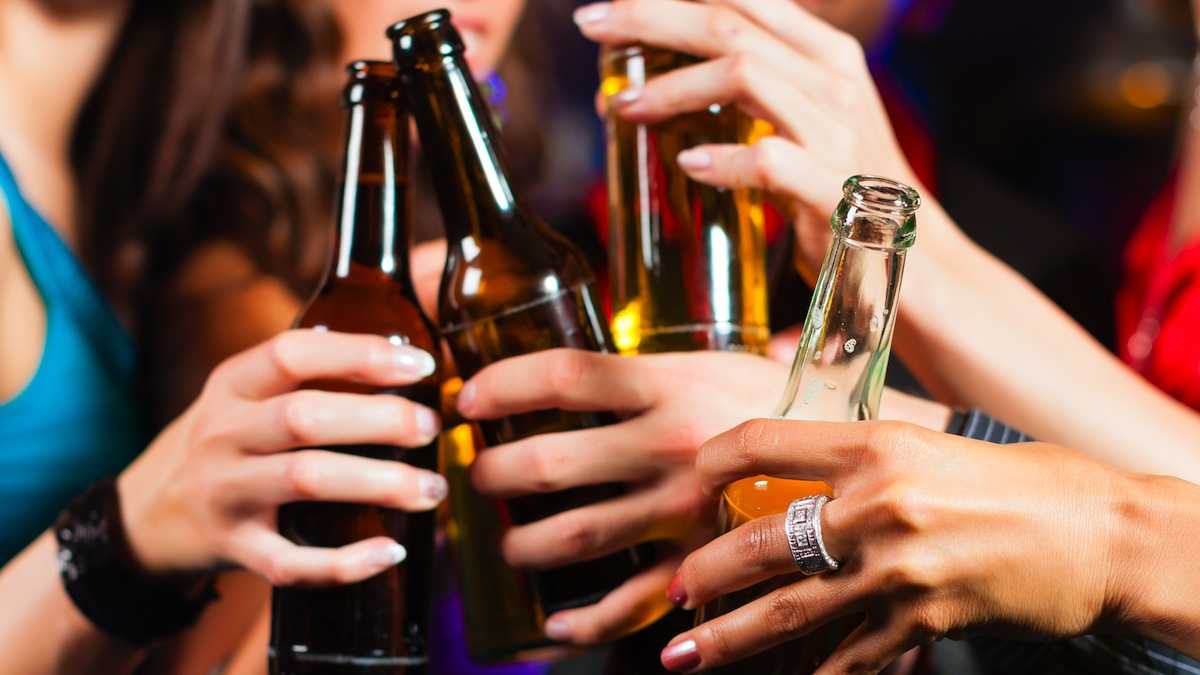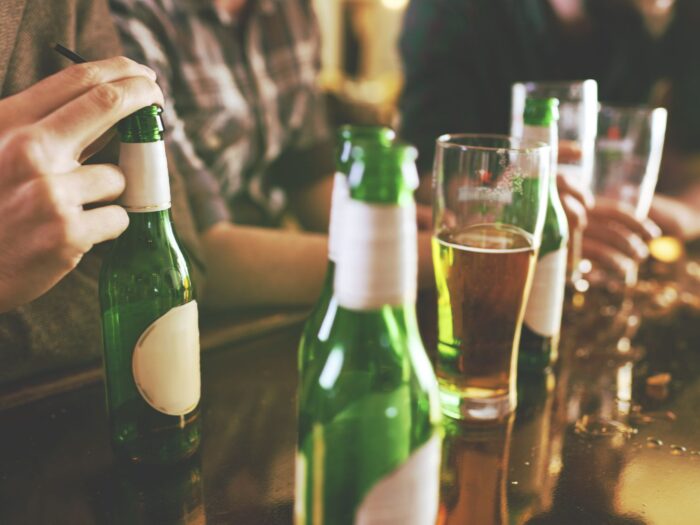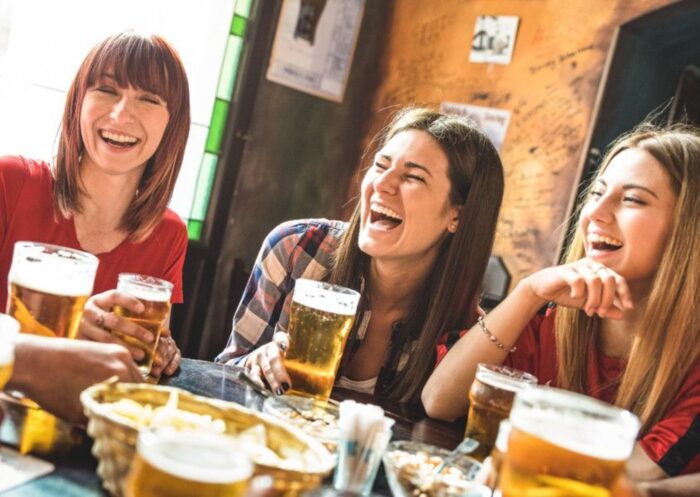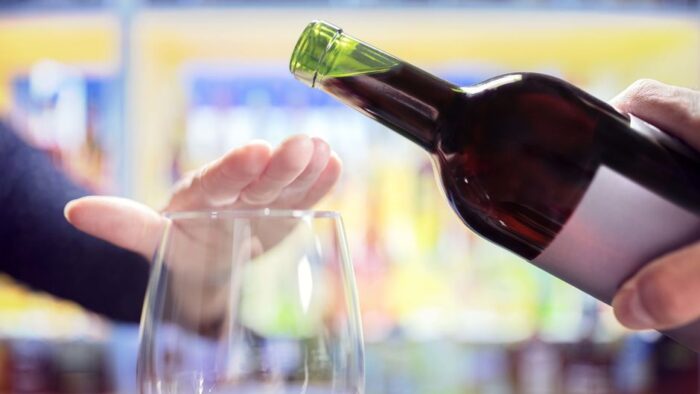
College years are the ones wherein a student explores life to the fullest. They turn out to be responsible citizens or waste their years doing ‘non-essential’ things. And one of these things is drinking.
According to the US government’s College Drinking Prevention Program stats, almost 60% of college students are drinkers. Just imagine that is more than half of the population.
And the reason for more than half of the population is drinking is also bizarre. We do not say that drinking is a bad habit, but everything has the right time, right place and should be done in moderation.
Don’t forget that alcohol can do a lot of damage to your body. So a casual walk while your assignment is being written by professionals from essay writing service EssayHub.com may be the best result to rest and energy. Also, talk to your acquaintances about the harms of alcohol and advise them to find a good essay writing service on essayservice review NoCramming.
Even I used to party during college times and ask Thesis Rush for assignment help. But I realized early that the party did drain a lot of time and energy. Thus I did not stop it, but just minimized it!
But today I want to share insights about the drinkers and non-drinkers college students. Why do they do so, when they do so and what attracts the process?
This perspective of the habit of drinking will let you see the wider picture.
When do they start drinking?

According to the last census of the US Students Board, there were 18.3 million students in the US. So that means 11 million were drinkers and around 7 million were non-drinkers.
Now, from these 11 million, a maximum of them start to drink in the fresher’s year itself. In fact, on questioning, it was discovered that many of them were waiting for the first year to try the drinks. And drinks are easily available in college, so the experience is much awaited by them.
Now among the non-drinkers maximum of them did not drink because they had bad memories of the subject. This involved their home environment or some unpleasant experiences with drinks.
Why do they start drinking?

The basic reason for students to drink in freshman year is the pressure from their peers and seniors. Basically, if they do not drink, when asked to, they may not be considered as “cool” or find a place in the happening crowd. And a maximum number of students want to be famous and have a status quo by getting appreciation from the seniors.
Also, a percentage of students that do not drink are the ones that want to study and achieve good grades right from day 1. And many of them are introverts.
But the point is that students are forced to drink by their peers and seniors which is a very bad influence. Throwing a fresher’s party is one thing but forcibly making someone drink is not acceptable.
Some of the reasons to drink are:
- Alcohol is easily available.
- No adult supervision.
- Lack of knowledge on the subject.
- Negative influencers.
- No strict rules in colleges.
What happens if students say no?

Like said above, when someone does not drink, they are considered introverts or the “not cool” ones.
Sometimes the others tease them and treat them badly. This deteriorates their self-respect and they end up starting the habit to drink.
Now some kids are adamant and no matter what happens they stick to their non-drinking habits. But a maximum percentage of them give away.
But of course, we cannot solely blame others for someone’s habits. Initially, if they cannot control themselves, of course, others will influence them.
Nonetheless, several people want to try it themselves and the remaining ones are already habituated to heavy drinking.
What happens when students drink?

As said before, everything in moderation is good. Of course, students have their way of enjoyment and relaxation and drinking can be a part of that.
But when the habit gets to heavy drinking, it creates massive problems.
The biggest problem is that it affects mental health more than physical one. If a body gets used to drinking, it behaves unnaturally when it does not receive the daily dose of drink.
Thus, the effect on health makes an individual behave negatively. The drinking habit also takes a toll on the mind in terms of concentration, grasping power, and even doing things daily.
Basically, the synchronization between the mind and the body is disturbed. And the worst part is that, by the time one realizes this, the damage is done.
Additionally, we have some depressing stats from the College Drinking Prevention website:
- Every one student out of four performs extremely badly in college due to the drinking habit.
- More than 1800 students between the age of 18 to 24 lose their lives or ruin their lives completely due to excessive drinking.
- A maximum number of students who are under the influence of alcohol have assaulted a student who does not drink.
- Around 97,000 students, between the age of 18 to 24 were raped by students who were under the influence of alcohol.
Aren’t these stats depressing? Just imagine the pain that the loved ones have to go through by the time the damage is done.
The need of the hour

It is essential to have conversations about drinking with the kids. Its effects, side effects, and what is the moderation level should be communicated at the best level.
Alcohol education is as important as drug awareness and sex education. It should not be ignored just because it is a regular thing. One should be explained that drinking is a responsibility. It is not a mere act of fun. It causes the body to lose its senses and forcing to perform condemnable acts.
With more than 60% of college students falling into this trap, it is high time to take action. Parents and administrative staff need to take precautionary methods, right from the start. They need to work in collaboration and keep a close eye on their drinking habits, and especially the senior and peer pressure.
If proper steps are taken at the right moment, the right information is conveyed, kids can make the right decisions and avoid falling into traps.








